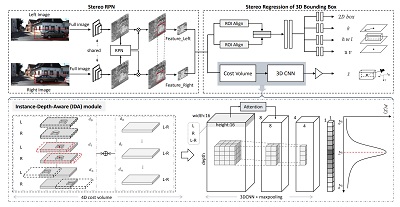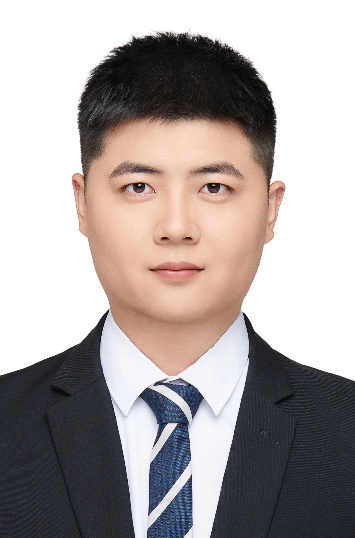
I received the PhD degree in signal and information processing from the Dalian University of Technology (DLUT) , Dalian, China in 2024.
My research interests include 3D computer vision, Robotic manipulation and Robotic system engineering.
WeChat: pengwanli2820
Publications
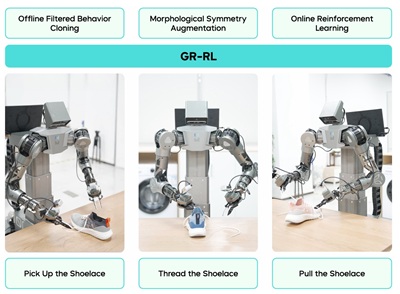
A robotic learning framework that turns a generalist vision-language-action (VLA) policy into a highly capable specialist for long-horizon dexterous manipulation..
Author List:Yunfei Li, Xiao Ma, Jiafeng Xu, Yu Cui, Zhongren Cui, Zhigang Han, Liqun Huang, Tao Kong, Yuxiao Liu, Hao Niu, Wanli Peng , Jingchao Qiao, Zeyu Ren, Haixin Shi, Zhi Su, Jiawen Tian, Yuyang Xiao, Shenyu Zhang, Liwei Zheng, Hang Li, Yonghui Wu
Bytedance Seed Robotics
Webpage •
Paper
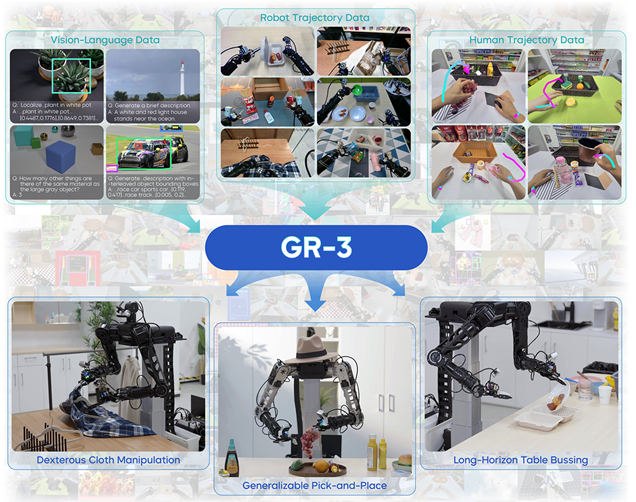
A Generalizable and Robust Vision-Language-Action (VLA) Model for Long-Horizon and Dexterous Tasks.
Author List: Chilam Cheang, Sijin Chen, Zhongren Cui, Yingdong Hu, Liqun Huang, Tao Kong, Hang Li, Yifeng Li, Yuxiao Liu, Xiao Ma, Hao Niu, Wenxuan Ou, Wanli Peng , Zeyu Ren, Haixin Shi, Jiawen Tian, Hongtao Wu, Xin Xiao, Yuyang Xiao, Jiafeng Xu, Yichu Yang
Bytedance Seed Robotics
Webpage •
Paper
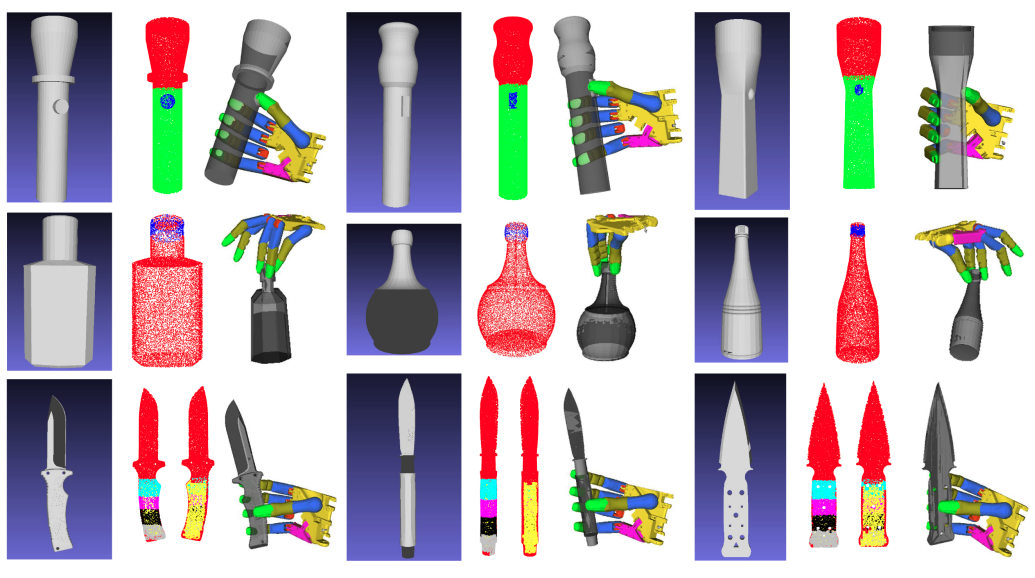
We propose a category-level multi-fingered functional grasp transfer framework.
Rina Wu, Tianqiang Zhu, Wanli Peng , Jinglue Hang, Yi Sun*
RAL, 2023
Paper •
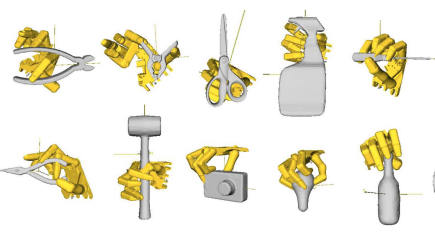
A semantic representation of functional hand-object interaction is introduced without labeling 3D hand poses, and a novel coarse-to-fine grasp generation network is designed to model this hand-object interaction.
Yibiao Zhang,Jinglue Hang, Tianqiang Zhu, Xiangbo Lin*, Rina Wu, Wanli Peng , Dongying Tian, Yi Sun
RAL, 2023
Paper •
Code
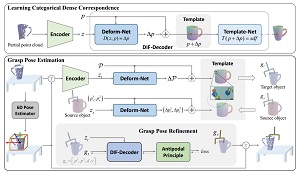
We propose TransGrasp, a category-level grasp pose estimation method that predicts grasp poses of a category of objects by labeling only one object instance.
Hongtao Wen, Jianhang Yan, Wanli Peng*, Yi Sun
ECCV, 2022
Webpage •
Paper •
Code
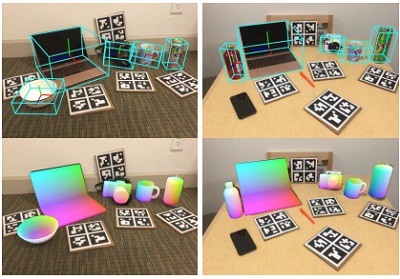
A self-supervised method for category-level 6D pose estimation, SSC-6D, which can predict unseen object poses without explicit pose annotations and exact 3D models in real scenarios for training.
Wanli Peng, Jianhang Yan, Hongtao Wen, Yi Sun*
AAAI, 2022
Webpage •
Paper •
Code
